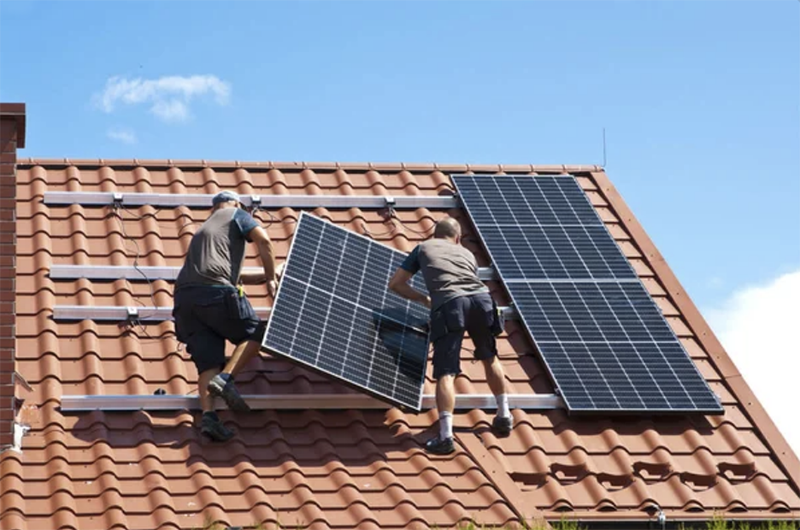Renovating your home can be an exciting and rewarding experience, but it can also be expensive. However, did you know that home renovations can actually help you save money in the long run? In this article, we’ll explore different ways that renovating your home can lower your tax bill, provide financing options for low-cost loans, offer tips for taking on DIY projects, and explain how energy-efficient renovations can save you money on taxes and utility bills.
Using Home Renovations to Reduce Your Tax Bill
The IRS allows homeowners to claim tax deductions for certain home improvements, such as installing energy-efficient windows, adding insulation, and upgrading to energy-efficient heating and cooling systems. These deductions can help lower your tax bill and provide a financial incentive for making energy-efficient upgrades to your home. Be sure to consult with a tax professional to determine which deductions you may be eligible for and to ensure that you properly document your expenses.
Renovating Your Home and Finances: Options for Low-Cost Loans
Renovating your home can cause pricy, there are several low-cost financing options available. For example, a home equity line of credit (HELOC) allows you to borrow against the equity in your home, usually at a lower interest rate than other types of loans. Additionally, some government programs offer low-cost loans specifically for home renovation, such as the FHA 203k loan or the USDA Rural Development loan. Be sure to research all of your options and consult with a financial advisor to determine the best financing strategy for your situation.
Taking on DIY Projects to Save Money on Home Renovations
By taking some of the work you can save on renovating your home. While some projects may require professional assistance, there are many tasks that homeowners can do themselves with the right tools and know-how. Consider taking on small projects like painting, installing light fixtures, or replacing cabinet hardware. You can also save money by shopping around for materials and tools, and by utilizing online tutorials and resources to learn new skills.
Renovating Your Home With Energy-Efficient Appliances Can Save You Money on Taxes and Utility Bills
Energy-efficient home renovations not only lower your utility bills, but they can also provide tax benefits. As mentioned earlier, the IRS offers tax deductions for certain energy-efficient upgrades. Additionally, some states offer tax credits or rebates for energy-efficient home renovations, such as installing solar panels or upgrading to a tankless water heater. Be sure to research your state’s energy incentives and consult with a tax professional to determine which upgrades will provide the most financial benefits.
In conclusion, renovating your home doesn’t have to break the bank. By utilizing tax deductions, low-cost financing options, DIY projects, and energy-efficient upgrades, you can save money on both your tax bill and utility costs. Before starting any renovation project, be sure to thoroughly research your options and consult with professionals to ensure that you’re making the best financial decisions for your situation.






